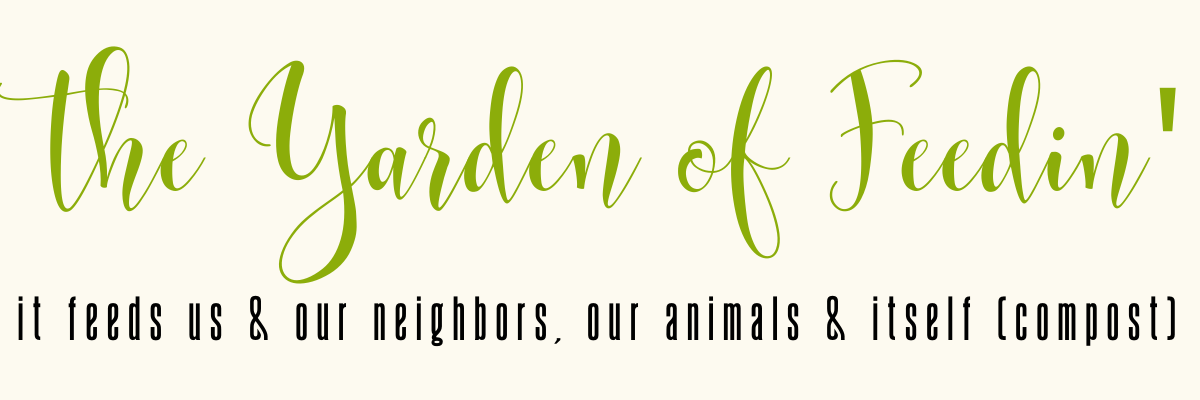Healthy Hygiene for Your Home 1
 Just how clean is your home? Or should I ask how healthy is your home hygiene? It seems we can actually be creating an environment that is not so healthy depending on what products we are cleaning with.
Just how clean is your home? Or should I ask how healthy is your home hygiene? It seems we can actually be creating an environment that is not so healthy depending on what products we are cleaning with.We hear so much about good bacteria now, not only in our food (probiotics), but we're also hearing about the benefit of good bacteria on our bodies and in our homes. It seems that we can actually be so clean that we destroy good bacteria and strengthen pathogens (disease-causing bacteria). It may surprise you to know that the hand sanitizers and antibacterial soaps we have come to trust have actually contributed in the development of the MRSA bacteria - Methicillin-resistant Staphylococcus aureus. This is the deadly bacteria that has outsmarted nearly all antibiotics, mutating to stay alive and become stronger and more resistant to newer, more powerful antibiotics. Read more about it in Wikipedia: http://en.wikipedia.org/wiki/Methicillin-resistant_Staphylococcus_aureus.
But there are also problems in regard to the typical grocery store cleaners we use in our homes. They contain known neurotoxins, immunotoxicants, skin toxicants, central nervous system depressants, respiratory toxicants, and carcinogens. To take the "How Safe Are Your Cleaning Products?" quiz go to the Care 2 Make a Difference link: http://www.care2.com/greenliving/quiz-safe-cleaning-products.html. While you are there check out the recipes for making your own hand sanitizers and household cleaners.
Over the past few years I have been transitioning from typical name brand toxic household cleaners to better, safer and cheaper alternatives. Essential oils, which are resources that God has provided in nature - the fragrant volatile oils that are derived from plants, flowers and trees - are not only wonderfully perfumed but pack quite a cleaning wallop. These oils offer many benefits. Some are therapeutic, some are anti-viral, some cleansing, or anti-mold, anti-bacterial, immune-enhancing, healing, anti-parasitic, anti-fungal, allergy relieving, pain relieving, anti-yeast, and so on.
And there is such a variety of fragrant oils – lavender, rose, tea tree, eucalyptus, rosemary, frankincense, cinnamon, many varieties of mint, cedar wood, clove, sandalwood, myrrh, rose geranium, and so many more. Essential oils such as lavender and thyme are more effective in killing bacteria than phenol, the industry standard, without contributing to the super bugs like MRSA. To order essential oils on the internet check out the following links:
http://sfherb.com/
http://newdirectionsaromatics.com/
http://www.essential-oils-for-health.com/
I will be posting my own recipes for essential oil household cleaners periodically. For the following recipe, copy it and use the copy as a label. With wide transparent shipping tape adhere it onto a spray bottle, making sure to cover the entire label to prevent the ink from running because of moisture. Here's the first recipe. I call it:
But there are also problems in regard to the typical grocery store cleaners we use in our homes. They contain known neurotoxins, immunotoxicants, skin toxicants, central nervous system depressants, respiratory toxicants, and carcinogens. To take the "How Safe Are Your Cleaning Products?" quiz go to the Care 2 Make a Difference link: http://www.care2.com/greenliving/quiz-safe-cleaning-products.html. While you are there check out the recipes for making your own hand sanitizers and household cleaners.
Over the past few years I have been transitioning from typical name brand toxic household cleaners to better, safer and cheaper alternatives. Essential oils, which are resources that God has provided in nature - the fragrant volatile oils that are derived from plants, flowers and trees - are not only wonderfully perfumed but pack quite a cleaning wallop. These oils offer many benefits. Some are therapeutic, some are anti-viral, some cleansing, or anti-mold, anti-bacterial, immune-enhancing, healing, anti-parasitic, anti-fungal, allergy relieving, pain relieving, anti-yeast, and so on.
And there is such a variety of fragrant oils – lavender, rose, tea tree, eucalyptus, rosemary, frankincense, cinnamon, many varieties of mint, cedar wood, clove, sandalwood, myrrh, rose geranium, and so many more. Essential oils such as lavender and thyme are more effective in killing bacteria than phenol, the industry standard, without contributing to the super bugs like MRSA. To order essential oils on the internet check out the following links:
http://sfherb.com/
http://newdirectionsaromatics.com/
http://www.essential-oils-for-health.com/
I will be posting my own recipes for essential oil household cleaners periodically. For the following recipe, copy it and use the copy as a label. With wide transparent shipping tape adhere it onto a spray bottle, making sure to cover the entire label to prevent the ink from running because of moisture. Here's the first recipe. I call it:
Better, Cheaper, Safer
CLUB SODA GLASS & SURFACE CLEANER
16 ounces flat club soda (with sodium citrate as an ingredient)
1/4 teaspoon Dawn dishwashing detergent (or other)
10 – 20 drops of rosemary/and or lavender essential oils
To make: Using a funnel, fill a 16-ounce spray bottle with club soda. Add Dawn Detergent & essential oils. Replace spray nozzle & swirl to combine ingredients. To use: Spray on glass or surface to be cleaned as you would Windex. Wipe with a lint-free cloth. Club soda takes a little while longer to dry than commercial glass cleaners, but when dry, it leaves no streaks. Uses: windows, glass shower enclosures, no-wax floors, cabinet tops, range tops, painted doors, etc. Shelf life: indefinite.


Comments
Post a Comment